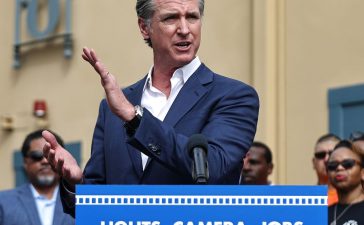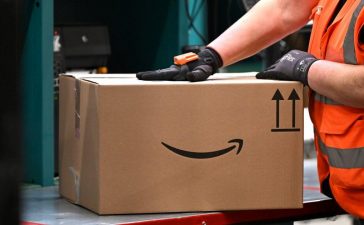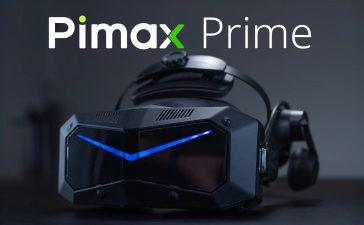The billionaire first investor in OpenAI says New Zealand should not regulate the revolutionary technology like ChatGPT because the potential economic benefits far outweigh the risks.
Vinod Khosla, founder of venture capital firm Khosla Ventures, believes up to 80 per cent of all jobs including doctors, lawyers and teachers will be replaced by artificial intelligence.
“We will be able to provide a basic level of services to everybody in every country,” Khosla told Markets with Madison from San Francisco.
“The need to work will disappear. It will be hugely empowering and freeing for society. Kids won’t be taught at age 12, ‘you need to get a job’. It’ll be like, ‘hey, discover your passion and follow it’.”
Advertisement
However, the OpenAI incident that saw its chief executive Sam Altman ousted, only to return within days after employee backlash, highlighted a risk-focused mindset that could get in the way.
Khosla calls it effective altrusim (EA) enacted by “rogue board members”.
“They personally didn’t like Sam. There’s nothing high-minded about what they did.
“There’s people in their ivory towers speculating about this. They have nothing to lose. They’re mostly in this, I’ll call it, mental masturbation business.”
Advertisement
“They forget there’s three billion people who can’t access primary care or education for their children, or access to justice, all of which would be enabled with a strong AI.”
Khosla invested US$50 million into OpenAI in 2019 – a cheque twice the size of any initial investment he’s made before.
He said the “sci-fi story” of AI destroying humanity was amplified by the press.
In his mind the biggest danger to be discussed was China getting ahead of the West in the AI race.
“I believe China can win this race. I believe the West can win this race. It’s up for grabs.
“If they get to them [benefits] first, then we are up sh*t creek.”
He warned investors about Apple, Google and Tesla’s supply chain links to China and the risk of “corporate capture” aka. regulatory capture.
“The CCP there influences businesses, not the other way around.”
While he believed AI would enable a “Utopian future” he noted it needed to be applied with “care and deep empathy”, something he thought the renewed OpenAI board was capable of.
Khosla is the founder of American IT company Sun Microsystems, now owned by Oracle.
Advertisement
When he turned to venture capital investment he made his employer a 2500x return on an early investment in router manufacturer Juniper Networks.
In 2004 he started Khosla Ventures, which was the first VC investor in Jack Dorsey’s payments technology company Square (now called Block) and has invested in three New Zealand-founded companies – Rocket Lab, Lanzatech and Leaft.
Watch his interview on today’s episode of Markets with Madison above to learn how he invests in instigators of change.
Get investment insights from the experts on Markets with Madison every Monday and Friday on the NZ Herald.
Disclaimer: The information provided in this programme is of a general nature, and is not intended to be personalised financial advice. We encourage you to seek appropriate advice from a qualified professional to suit your individual circumstances.
Madison Reidy is the host of New Zealand’s only financial markets show Markets with Madison. She joined the Herald in 2022 after working in investment, and has covered business and economics for television and radio broadcasters.












